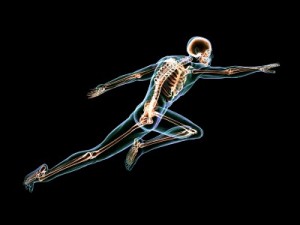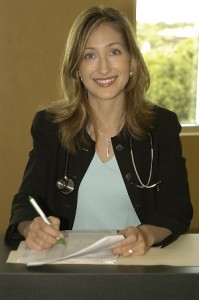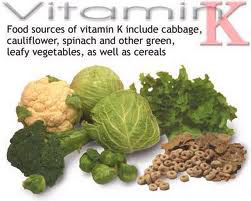 Nearly 52 million Americans over the age of 50 have osteoporosis or low bone density. One out of every two women and one out of every four men will suffer a bone fracture because they have osteoporosis. Bone density can be built until approximately age 30. During menopausal hormone shifts, bone density starts to decrease. If there are not adequate reserves, you are at a greater risk for developing osteopenia or osteoporosis.
Nearly 52 million Americans over the age of 50 have osteoporosis or low bone density. One out of every two women and one out of every four men will suffer a bone fracture because they have osteoporosis. Bone density can be built until approximately age 30. During menopausal hormone shifts, bone density starts to decrease. If there are not adequate reserves, you are at a greater risk for developing osteopenia or osteoporosis.
How Can I Increase Bone Density?
Bone friendly foods include dairy products, soy, dark leafy greens (spinach and kale), orange juice, grain cereals and almonds. Calcium from food sources are better absorbed than calcium from a supplement. Approximately 250 mg of calcium can be absorbed at one time. The recommended dosage of calcium is 1000-1200 mg daily. Vitamin D is another important component of bone health as is magnesium, which helps regulate vitamin D levels. The main way our bodies process vitamin D is from sunlight. Vitamin D is also found in fatty fish and dairy products – experts recommend 800-1000 IU daily. Magnesium is found in a wide variety of foods such as avocados, black bean, bananas, and almonds. The recommended daily intake is approximately 320 mg. Vitamin K also plays a role in bone health. Food sources include spinach, kale, romaine lettuce, Brussels sprouts and broccoli – try to ingest 90mcg daily.
Weight bearing exercise is also essential to building bone density. Weight bearing exercises include walking, jumping, dancing and strength training.
Dr. Anne Hermann, is board certified in internal medicine and is also a physician nutrition specialist. Offices are maintained in Tampa and Saint Petersburg Beach, Florida. Please call the office at (813) 902-9559 for more information or to schedule an appointment.





 Main Menu
Main Menu

